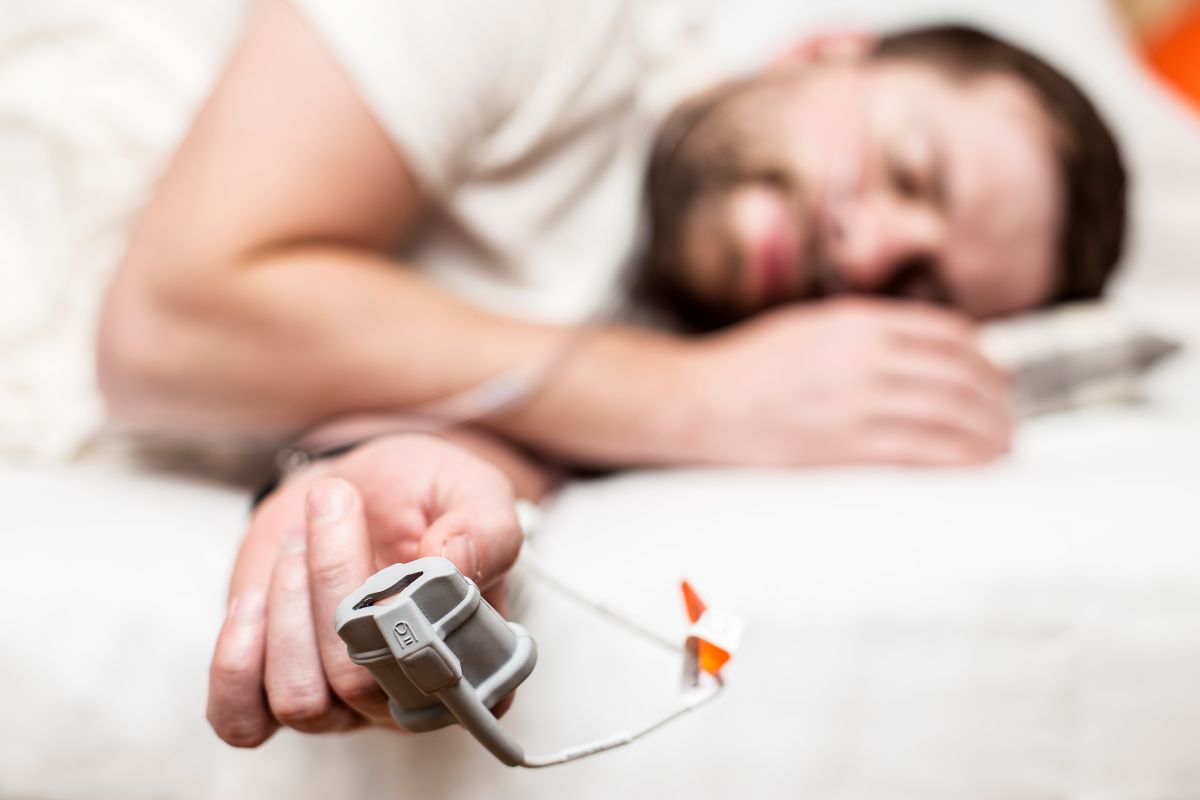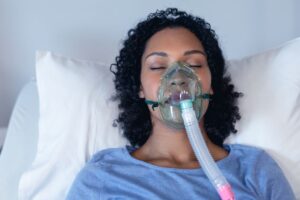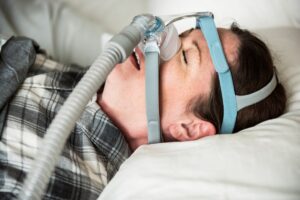If you wake up tired even after a full night’s sleep, snore loudly, or experience daytime drowsiness, you might be among the millions of people living with sleep apnea. This common yet serious sleep disorder affects breathing during sleep — sometimes stopping it completely — and can lead to serious health issues if left untreated.
Thankfully, there are effective sleep solutions available that can help you breathe better, sleep deeper, and reclaim your health.
What Is Sleep Apnea?
Sleep apnea is a condition in which your breathing stops and starts repeatedly during sleep. These interruptions can occur dozens or even hundreds of times each night, reducing the amount of oxygen that reaches your brain and body.
There are three main types of sleep apnea:
- Obstructive Sleep Apnea (OSA): The most common type, caused by a blocked or narrowed upper airway.
- Central Sleep Apnea (CSA): Caused by the brain failing to send the right signals to the muscles that control breathing.
- Complex Sleep Apnea Syndrome: A combination of OSA and CSA.
Each type may require a different treatment approach — which is why accurate diagnosis is critical.
Why Sleep Apnea Shouldn’t Be Ignored
When sleep apnea is untreated, it can lead to:
- High blood pressure
- Heart disease
- Stroke
- Type 2 diabetes
- Depression
- Daytime fatigue
- Impaired memory and focus
- Increased risk of accidents
In short, sleep apnea affects more than just your sleep — it impacts your entire quality of life.
Common Signs and Symptoms
Many people don’t realize they have sleep apnea. But some of the most common signs include:
- Loud, persistent snoring
- Choking or gasping during sleep
- Waking up with a dry mouth or sore throat
- Morning headaches
- Trouble concentrating
- Feeling tired even after a full night of rest
- Irritability or mood swings
If these sound familiar, a simple home sleep test or in-lab study can help confirm a diagnosis.
Related: How At-Home Sleep Apnea Tests Work
Risk Factors You Should Know
Certain factors increase the risk of developing sleep apnea, including:
- Being overweight or obese
- Having a large neck or narrow airway
- Smoking
- Use of sedatives or alcohol
- Family history of sleep apnea
- Nasal congestion
- Age and gender (men and postmenopausal women are at higher risk)
Related: Understanding Sleep Apnea in Women
Sleep Solutions: Treatment Options That Fit Your Life
1. CPAP Therapy
The most common treatment, Continuous Positive Airway Pressure (CPAP) therapy involves wearing a mask that delivers constant air pressure to keep your airway open.
However, many people find CPAP machines uncomfortable or hard to stick with long-term.
Related: CPAP Alternatives That Actually Work
2. Oral Appliance Therapy
For mild to moderate obstructive sleep apnea, a custom-fitted oral appliance can reposition the jaw or tongue to keep your airway open during sleep.
Benefits include:
- Comfortable and easy to wear
- Travel-friendly
- Quiet (unlike CPAP)
- Often covered by insurance
3. Lifestyle Changes
Making small changes can reduce or eliminate symptoms of sleep apnea:
- Losing weight
- Avoiding alcohol or sedatives
- Sleeping on your side
- Improving sleep hygiene
- Addressing allergies or nasal issues
Getting Diagnosed: The First Step to Better Sleep
Diagnosis begins with a conversation. Your provider may recommend:
- A home sleep study, which monitors breathing, oxygen levels, and heart rate
- An overnight in-lab study for more detailed analysis
- A consultation with a sleep specialist or dentist trained in sleep medicine
Related: Signs You Might Have Sleep Apnea
What Happens If You Don’t Treat It?
Beyond the health risks, untreated sleep apnea can reduce your quality of life, put strain on relationships, and increase your risk of drowsy driving accidents. But treatment can restore your energy, improve your mood, and even help with weight loss and blood pressure management.
Don’t Wait — Get Help for Sleep Apnea Today
Sleep is not a luxury — it’s a necessity for good health. If you suspect you may have sleep apnea, or if you’re searching for real, lasting sleep solutions, we’re here to help.
Schedule your consultation today and take the first step toward better sleep and better living.






